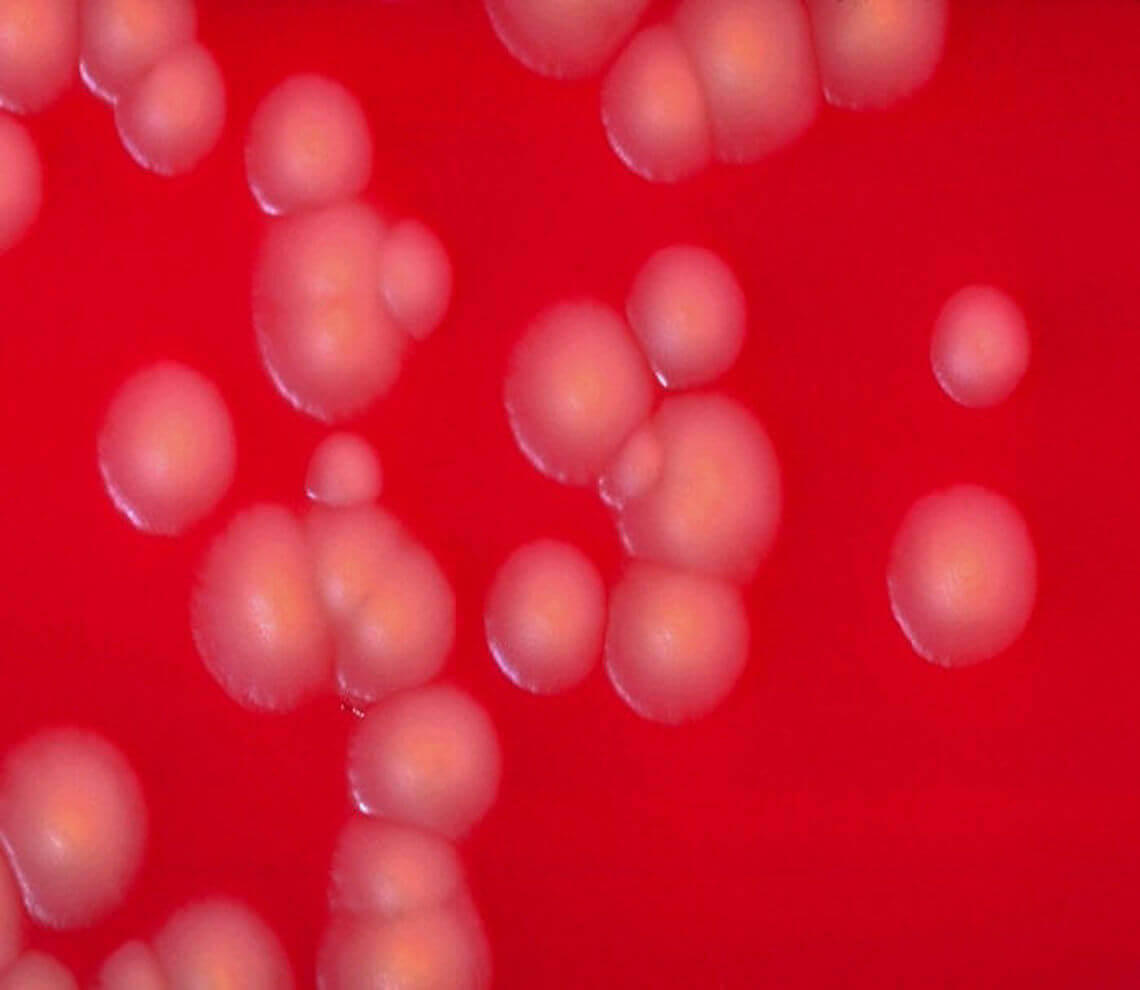- Our Suppliers
- MBS Monoclonals
- Mouse Anti-actin alpha-muscle
Product short description
Price:
409 EUR
Size:
100ug
Catalog no.:
GEN570188
Product detailed description
Gene name
N/A
Gene name synonims
N/A
Other gene names
N/A
Concentration
N/A
Purification method
N/A
Immunoglobulin isotype
IgG1
Clone
HHF35
Clonality
Monoclonal
Category
Antibodies
Latin name
Mus musculus
Also known as
actin alpha-muscle
Subcategory
Mnoclonal antibodies
Host organism
Mouse (Mus musculus)
Other names
alpha-muscle actin; N/A
Form/Appearance
Each vial contains 50 ul 1 mg/ml purified monoclonal antibody in PBS containing 0.09% sodium azide.
Storage and shipping
Store the antibody at +4 degrees Celsius., or in small aliquots the antibody should be stored at -20 degrees Celsius..
Tested applications:
Electron microscopy, ELISA (EIA), Immunocytochemistry (IHC), Immunohistochemistry (IHC) (frozen), Immunohistochemistry (IHC) (paraffin), Western Blot (WB)
Description
The Mouse Anti-actin alpha-muscle is a α- or alpha protein sometimes glycoprotein present in blood.This antibody needs to be stored at + 4°C in a fridge short term in a concentrated dilution. Freeze thaw will destroy a percentage in every cycle and should be avoided.
Species reactivity
Chicken, Human (Homo sapiens), Monkey, Rabbit (Oryctolagus cuniculus), Rat (Rattus norvegicus), Swine, Zebrafish; Due to limited knowledge and inability for testing each and every species, the reactivity of the antibody may extend to other species which are not listed hereby.
Test
Mouse or mice from the Mus musculus species are used for production of mouse monoclonal antibodies or mabs and as research model for humans in your lab. Mouse are mature after 40 days for females and 55 days for males. The female mice are pregnant only 20 days and can give birth to 10 litters of 6-8 mice a year. Transgenic, knock-out, congenic and inbread strains are known for C57BL/6, A/J, BALB/c, SCID while the CD-1 is outbred as strain.
Specificity and cross-reactivity
HHF35 reacts with both alpha-muscle and gamma-smooth muscle actin, and therefore reacts with skeletal muscle, cardiac muscle, vascular and visceral smooth muscle cells, pericytes and myoepithelial cells. It is also reactive in myofibroblasts. It does not react with epithelial, endothelial, neural or normal connective tissue cells when applied under the proper conditions to these tissue sections.; Since it is not possible to test each and every species our knowledge on the corss reactivity of the antibodies is limited. This particular antibody might cross react with speacies outside of the listed ones.
© Copyright 2016-Tech News . Design by: uiCookies

